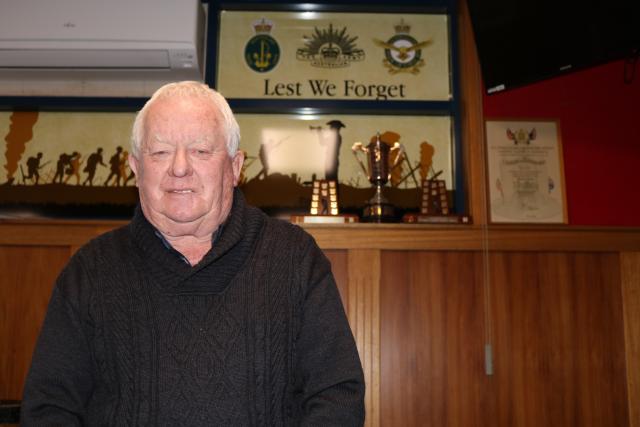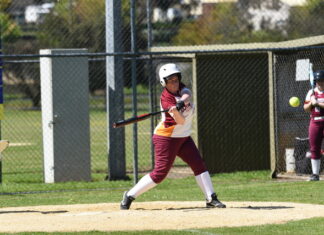Commemorate our Vietnam Veterans

Digital Edition
Subscribe
Get an all ACCESS PASS to the News and your Digital Edition with an online subscription
Concordes White take out Concordes United
IN the final Valentine’s Day clash of the round, the Concordes sister sides went head-to-head for end-of-season bragging rights at least until they meet...







